American-Israeli Company Raises $60 Million for Solar Geoengineering Technology, Raising Concerns Among Scientists
Last week, Stardust, an American-Israeli company, announced it had secured $60 million in venture capital funding, the largest known investment to date for a solar geoengineering startup. This significant funding round has sparked concerns among scientists who have worked on the science of solar geoengineering for decades. David Keith, professor of geophysical sciences at the University of Chicago, and Daniele Visioni, assistant professor of earth and atmospheric sciences at Cornell University, have expressed their concerns about the emerging efforts to start and fund private companies to deploy technologies that could alter the planet's climate.
The $60 million funding will enable Stardust to develop a system that could be deployed by the start of the next decade, according to Heatmap, which broke the story. This investment is a testament to the growing interest in solar geoengineering, a technology that aims to cool the planet by reflecting sunlight back into space. However, scientists like Keith and Visioni are worried about the technical claims made by companies like Stardust, which they strongly dispute.
The solar geoengineering industry has seen significant growth in recent years, with several companies emerging to develop and deploy technologies that can alter the planet's climate. While some companies have made bold claims about their offerings, the scientific community remains skeptical about the effectiveness and safety of these technologies. The $60 million funding for Stardust is a significant milestone in this industry, but it also raises concerns about the potential risks and unintended consequences of deploying such technologies.
Stardust's technology is still in its early stages, and the company has not disclosed many details about its system. However, the company claims that its technology can be deployed at a relatively low cost, making it a potentially attractive option for governments and corporations looking to mitigate the effects of climate change. The company's founders have also stated that they aim to deploy their technology by the start of the next decade, which would make it one of the first commercial solar geoengineering systems to be deployed.
The solar geoengineering industry is still in its infancy, and many questions remain about the effectiveness and safety of these technologies. While some companies like Stardust are making bold claims about their offerings, the scientific community remains skeptical about the potential risks and unintended consequences of deploying such technologies. As the industry continues to grow and evolve, it is essential to have a nuanced and informed discussion about the potential benefits and risks of solar geoengineering.
In the future, it is likely that the solar geoengineering industry will continue to grow and evolve, with more companies emerging to develop and deploy technologies that can alter the planet's climate. However, it is essential to ensure that these technologies are developed and deployed in a responsible and transparent manner, with careful consideration of the potential risks and unintended consequences. The $60 million funding for Stardust is a significant milestone in this industry, but it also raises important questions about the potential risks and benefits of solar geoengineering.











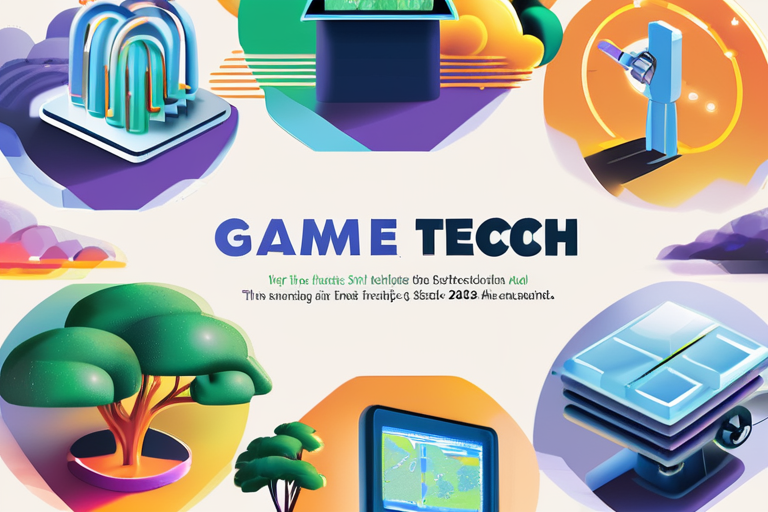


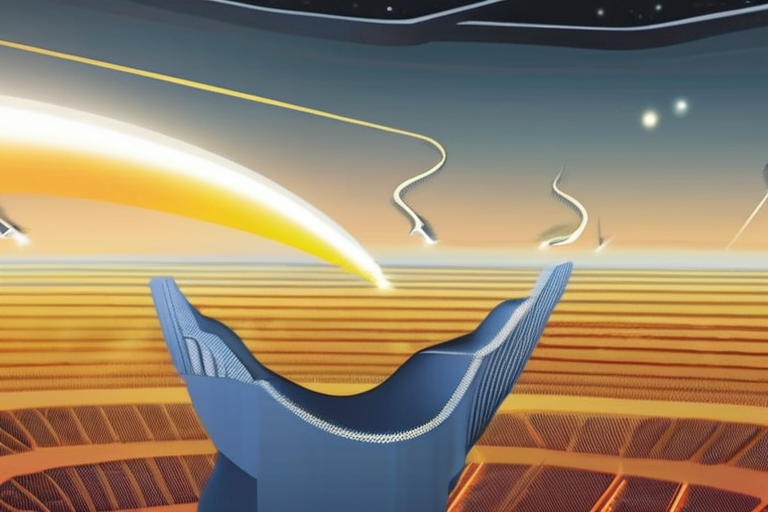





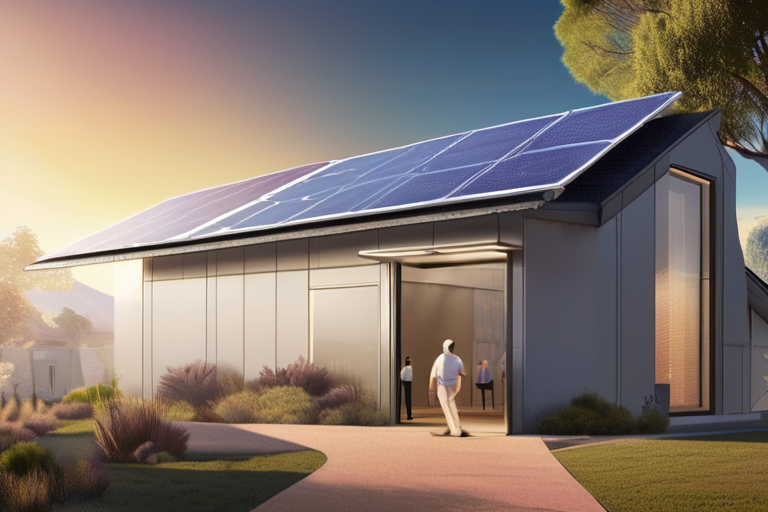




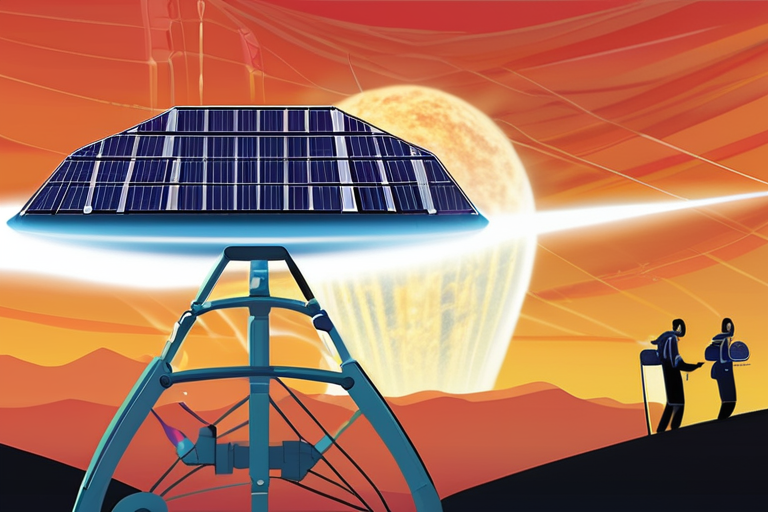
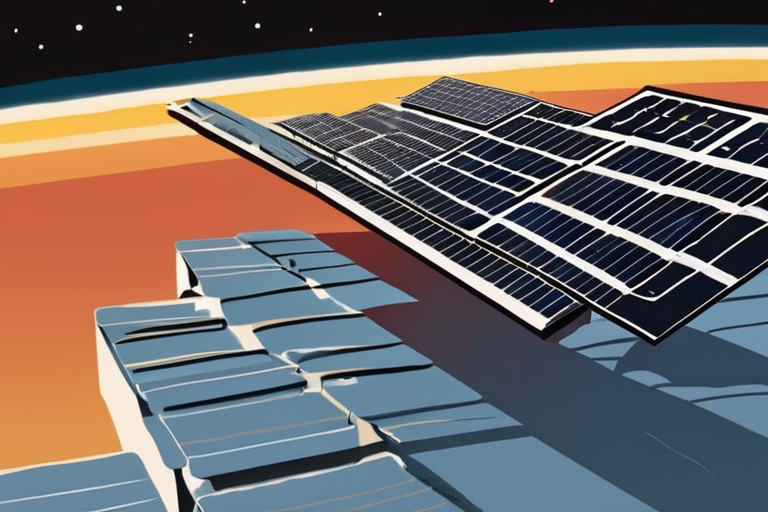
Share & Engage Share
Share this article